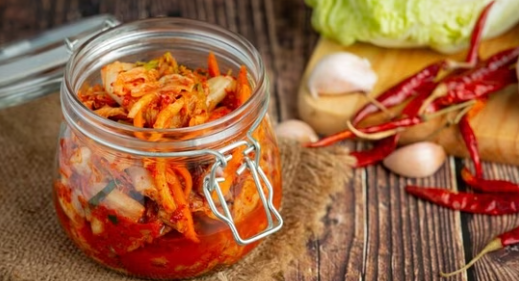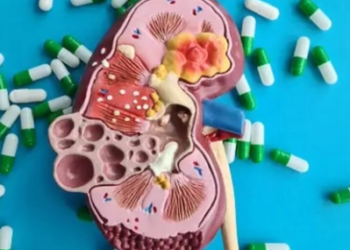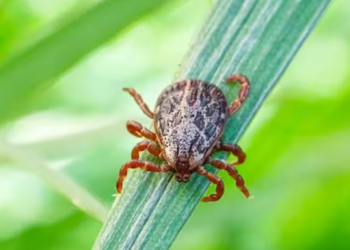South Korea is currently facing a wave of food poisoning cases linked to its beloved national dish, kimchi. As the monsoon season brings high humidity and fluctuating temperatures, the risk of contamination in fermented foods like kimchi has significantly increased, causing widespread concern among citizens and health authorities.
Kimchi, a staple in Korean cuisine, is a fermented vegetable dish typically made with napa cabbage, radishes, and a variety of seasonings. While it is celebrated for its probiotic benefits and unique flavor, improper preparation and storage during the humid monsoon season can lead to the growth of harmful bacteria, resulting in food poisoning.
In response to the rising cases, experts are sharing crucial tips to ensure the safe consumption of kimchi during this challenging season. Here are some foolproof ways to enjoy kimchi without falling sick:
1. Use Fresh Ingredients: Ensure that all vegetables and seasonings used in kimchi are fresh and of high quality. Avoid using wilted or old vegetables, as they can harbor bacteria even before the fermentation process begins.
2. Maintain Cleanliness: Thoroughly wash all ingredients and sterilize utensils, cutting boards, and containers. This reduces the risk of introducing harmful bacteria during preparation.
3. Monitor Fermentation: Keep a close eye on the fermentation process. Ferment kimchi in a cool, dark place, ideally between 18-20°C (64-68°F). High temperatures can accelerate the growth of harmful bacteria.
4. Proper Storage: Store fermented kimchi in airtight containers in the refrigerator. Consuming kimchi within a few weeks of preparation is advisable to ensure it remains safe to eat.
5. Avoid Cross-Contamination: Use clean utensils to serve kimchi and avoid using your hands directly. Cross-contamination from other foods or surfaces can introduce harmful bacteria.
6. Purchase from Trusted Sources: If buying kimchi, ensure it is from reputable brands or vendors known for maintaining high hygiene standards. Check the packaging for any signs of damage or spoilage.
Health authorities are also advising people to be vigilant for symptoms of food poisoning, which include stomach cramps, diarrhea, vomiting, and fever. Anyone experiencing these symptoms after consuming kimchi should seek medical attention promptly.
As South Korea navigates through this food safety challenge, adhering to these guidelines can help kimchi lovers continue to enjoy their favorite dish without compromising their health.








 India
India












